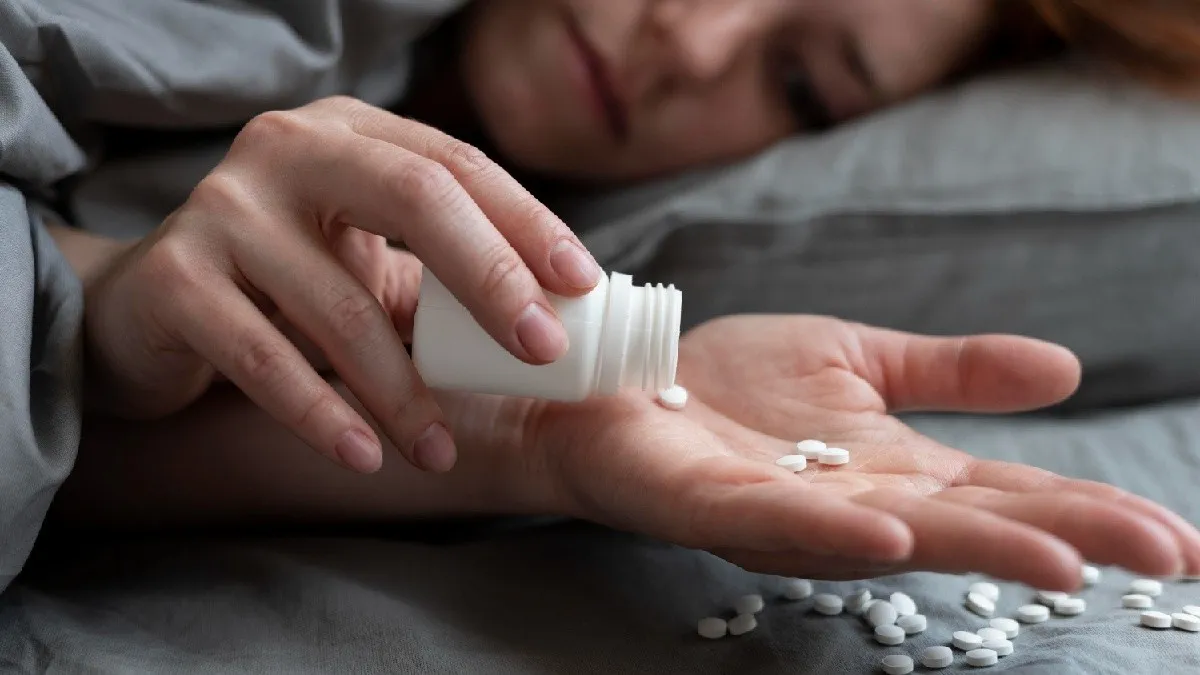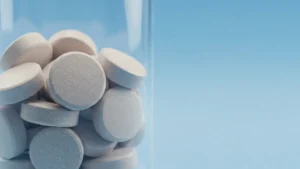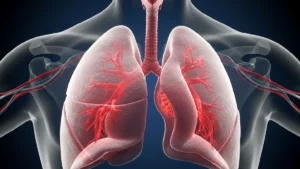Each pill, injection, or syrup begins a precise journey within the body: absorbed, delivered to the right place, acted upon, and finally released. This journey explains why medications are indispensable allies of modern medicine.
What you didn’t know about medicines. More than just pills or syrups, medicines are precision tools that modern medicine uses to relieve symptoms, prevent disease, and save lives.
Its effectiveness depends on a fascinating journey that begins when it enters the body and ends with its elimination.
This is how the journey begins: the absorption of the medication. The first step occurs when the drug enters the body.
Depending on whether it is a tablet, injection, syrup, or cream, the active substance can be absorbed through the stomach, intestines, skin, or directly into the blood.
Why medications reach exactly where they’re needed. One of the biggest questions patients ask is how a medication “finds” the exact location where it should act. The answer lies in a combination of three factors:
- Specific receptors, like a lock that only opens with one key.
- Concentration of the drug in inflamed or painful areas.
- Internal transport systems, such as the lymphatic system, guide the substance to the affected tissue.
What happens when medications act on the body
After being absorbed, drugs travel through the bloodstream until they bind to specific cell receptors. This binding triggers the therapeutic action: blocking pain, fighting infections, or balancing chemicals in the brain.
Examples of medications and how they actually work
- Painkillers such as ibuprofen block molecules responsible for pain.
- Antibiotics such as penicillin stop bacteria from multiplying.
- Antidepressants such as fluoxetine regulate serotonin to improve mood.
This is how your body eliminates the medications it no longer needs.
The liver breaks down the drug and transforms it into compounds that the body expels through urine or feces, thus closing the cycle.
What you should know about self-medication
Although medications are essential allies, taking them without a prescription can lead to bacterial resistance, adverse reactions, and damage to vital organs. Experts insist that consulting a doctor before starting any treatment is key to ensuring its safety and effectiveness.























+ There are no comments
Add yours